Karl Böhm - Edition Staatskapelle Dresden Vol. 49 (2024)
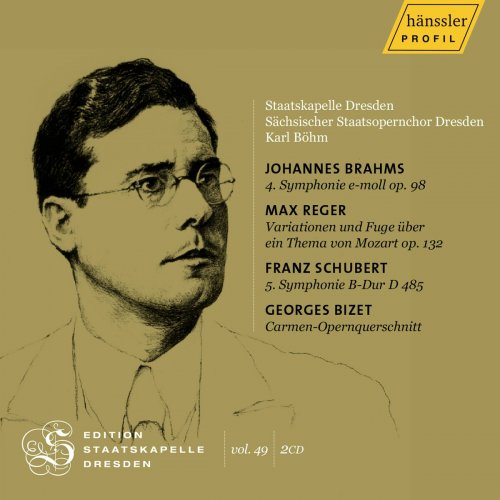
Artist: Karl Böhm, Staatskapelle Dresden, Dresdner Knabenchor
Title: Edition Staatskapelle Dresden Vol. 49
Year Of Release: 2024
Label: Profil Medien GmbH
Genre: Classical
Quality: FLAC (tracks+booklet)
Total Time: 151:59 min
Total Size: 681 MB
WebSite: Album Preview
Tracklist:Title: Edition Staatskapelle Dresden Vol. 49
Year Of Release: 2024
Label: Profil Medien GmbH
Genre: Classical
Quality: FLAC (tracks+booklet)
Total Time: 151:59 min
Total Size: 681 MB
WebSite: Album Preview
CD1:
01. I. Allegro non troppo, alla breve
02. I. Andante moderato
03. II. allegretto giocoso
04. IV. Allegro energico e passionato
05. L’istesso tempo, quasi un poco più lento
06. Poco agitato, più mosso, non troppo allegro
07. Con moto
08. Vivace
09. Quasi presto
10. Sostenuto, quasi adagiato
11. Andante grazioso
12. Molto sostenuto
13. Fuge: Allegretto grazioso
14. Interview von Stefan Lang - Deutschlandfunk Kultur 2021
CD2:
01. I. Allegro
02. II. Andante con moto
03. III. Menuetto. Allegro molto – Trio
04. IV. Allegro vivace
05. 1. Akt - Einleitung
06. Diese Menge, im Gedränge
07. Schnell herbeigestürmt – Chor der Straßenjungen
08. Habanera – Ja die Liebe hat bunte Flügel
09. Was ist dort geschehen – Chor der Zigarettenarbeiterinnen
10. Draußen am Wall von Sevilla
11. 2. Akt - Vorspiel
12. Ein Hoch dem Torero
13. Euren Toast kann ich wohl erwidern
14. Holla! Carmen!
15. 3. Akt - Zwischenspiel
16. Ach die Zöllner sind nur Sünder
17. Hier in der Felsenschlucht
18. 4. Akt - Einleitung
19. Finale
Karl Böhm in 1973 for the 425th anniversary of the orchestra wrote, “I headed the Sächsische Staatskapelle Dresden for nine years – the most wonderful and meaningful time of my life.” He was forty in 1934, when he moved to assume direction of the Dresden State Orchestra and Opera. There, his sensitive yet dramatic style of conducting, his vigour and intellectual resilience, his feel for classical form and unerring sense of tempo, very soon won the respect and trust of the musicians and singers in his charge; they did after all represent one of the best orchestras and most capable opera ensembles in Europe. Every season, Böhm conducted nearly all the Staatskapelle concerts and about 70 opera performances, setting new standards above all in the Mozart, Wagner and Strauss repertoire. In this extraordinarily extensive activity, he set his stamp on the ensemble, whose guest performances confirmed its international ranking. Even in his first year in Dresden, he made recordings in the Semperoper, which always had to be especially prepared for the purpose. They included numerous individual symphonic works and items from opera, as well as lavish projects that were technically difficult to record at the time.
![Sonny Stitt - A Tribute To Duke Ellington (With Strings) (2026) [Hi-Res] Sonny Stitt - A Tribute To Duke Ellington (With Strings) (2026) [Hi-Res]](https://www.dibpic.com/uploads/posts/2026-01/1768738436_cover.jpg)
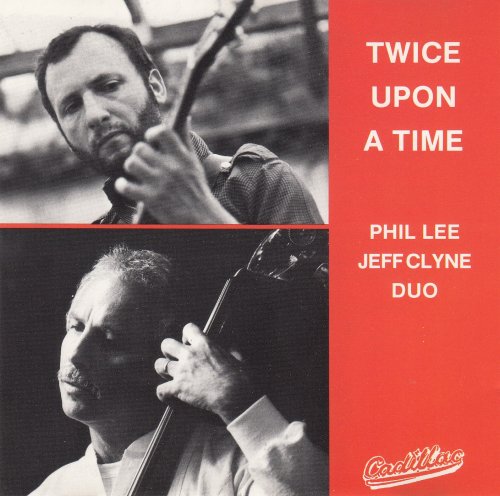
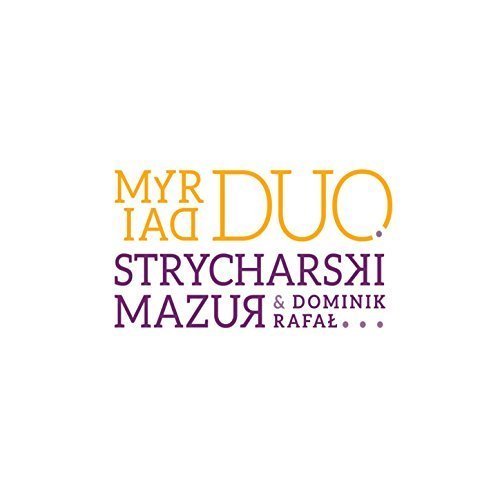
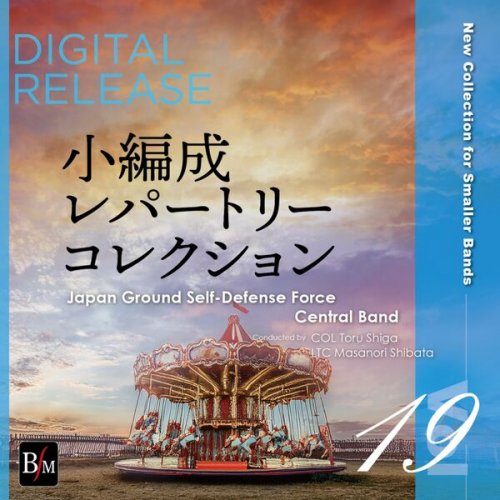
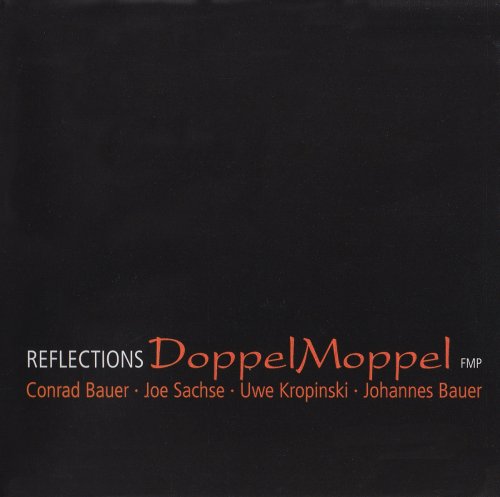
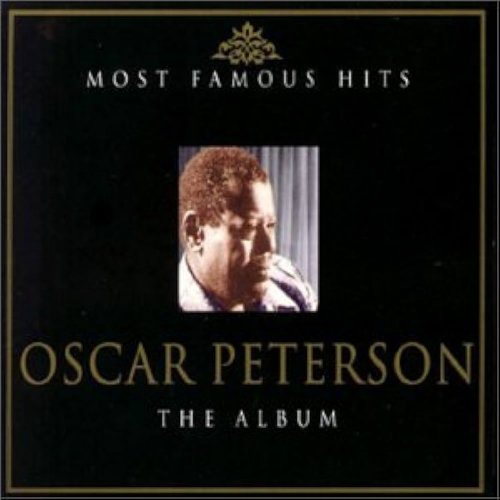


![Veslemøy Narvesen - Letting All Light Through (2026) [Hi-Res] Veslemøy Narvesen - Letting All Light Through (2026) [Hi-Res]](https://www.dibpic.com/uploads/posts/2026-01/1768543472_cover.jpg)